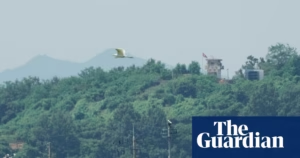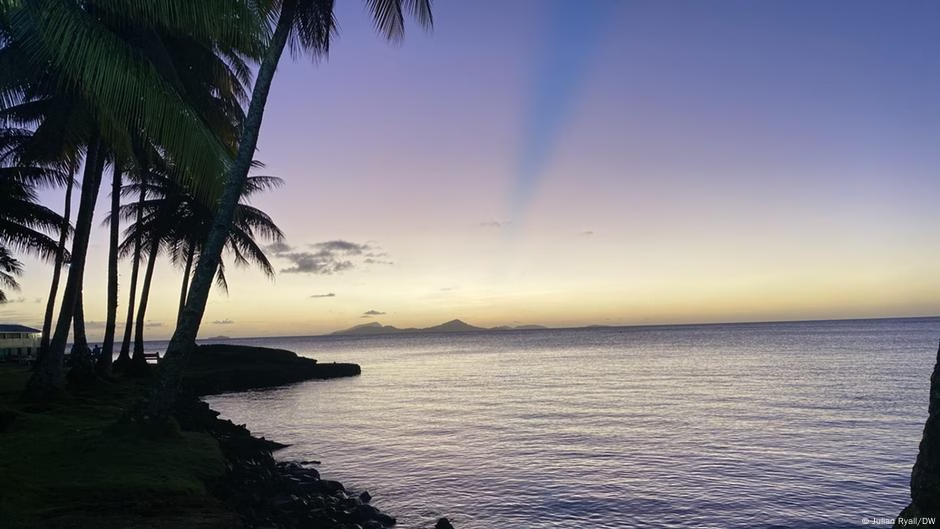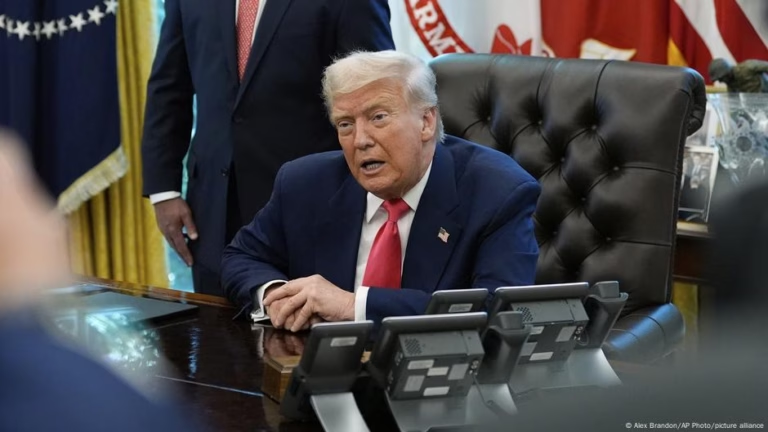The Chuuk islands, located in the Pacific Ocean northeast of Indonesia and north of Australia and Papua New Guinea, form one of the four states in the Federated States of Micronesia (FSM), an island nation with strong ties to the United States.
Despite its small population – around 113,000 in 2024 – the Chuuk islands give Micronesia significant control over vast areas of the Pacific. The US provides substantial financial assistance annually to support the administration, education, healthcare, and other critical needs of Micronesia.
However, former Chuuk State Attorney General Sabino Asor expresses concern over Micronesia’s heavy reliance on the US. He argues that this dependence gives Washington considerable control over Micronesia’s affairs.
Asor has long advocated for Chuuk to become an independent state, although he acknowledges that the population remains divided on the issue. In light of the new US administration under President Donald Trump’s efforts to cut costs, there is growing concern that the US may reduce its engagement with Micronesia. Asor predicts that the long-standing “special relationship” established under the Compact of Free Association could be terminated.
In the event of reduced US support, Asor suggests that Chuuk could seek alternative alliances with former colonial powers such as Spain, Germany, or Japan. However, he emphasizes the need for concrete agreements that would benefit the people of Chuuk.
The Chuuk islands, originally settled by Melanesians, were later colonized by Spain and transferred to Germany, before coming under Japanese control during World War II. The islands experienced intense conflict when the US launched Operation Hailstorm in 1944. Today, the remnants of Japanese ships make the Chuuk islands a renowned wreck diving destination, contributing to the state’s tourism industry.
After World War II, the Chuuk islands became a US trust territory under the United Nations until the FSM gained independence in the late 1970s. The Compact of Free Association with the US has been in effect since 1986 and has been renewed periodically since then.
Lawyer and politician Johnny Meippen highlights the benefits of remaining within the FSM while the compact exists but stresses the need to be prepared for potential changes. Meippen notes that with a
Source: https://www.dw.com/en/micronesia-activists-push-for-chuuk-islands-independence/a-71783010?maca=en-rss-en-all-1573-rdf








